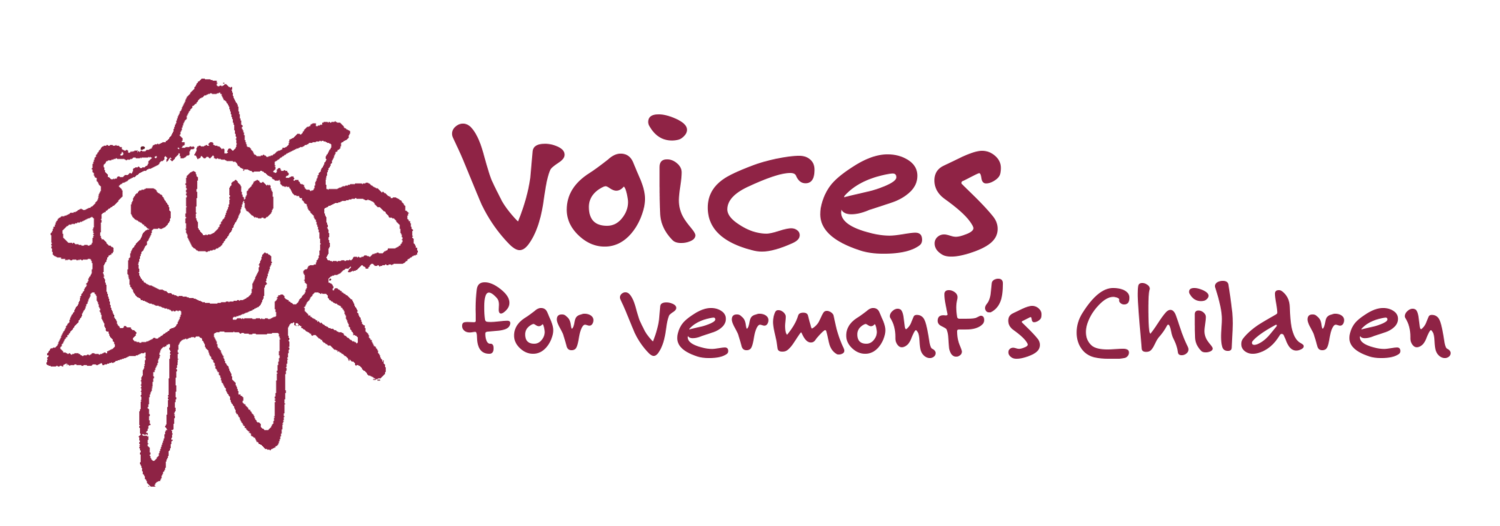Data about oral and dental health in Vermont: a landscape scan
The data below are compiled from a number of different publicly accessible sources and reflect care access and outcomes relative to oral health in Vermont.
This work is inspired and guided by the Critical Participatory Action Research framework (CPAR). CPAR recognizes that action research, like conventional research, is a social practice. It might be seen as an "intersectional approach to knowledge production by those researching alongside individuals, communities, and movements dedicated to social justice."
"A dilemma confronts anyone thinking of beginning a critical participatory action research initiative: you cannot decide what to research until you know who will be doing the research, and you cannot know who will be doing the research until you know what to research. A critical participatory action researcher cannot begin a project entirely on her or his own without risking excluding relevant others from the process, yet you cannot form a group to decide what to work on without having some theme in mind around which a research group might reasonably form. This is why, in this book, we have placed so much emphasis on participation and the idea of a public sphere in critical participatory action research. We think a critical participatory action research initiative begins with a conversation."
-The Action Research Planner: Doing Critical Participatory Action Research. Stephen Kemmis, Robin McTaggart & Rhonda Nixon
We are also assuming a broad goal of health equity, and assuming that this goal requires addressing systemic oppressions and the upstream factors and social drivers that influence health outcomes.
Some beginning questions to apply to the data below, and going forward in the work, might be:
- Is there anything the age groupings might conceal or leave out?
- Is there anything we can infer that suggests barriers to equity and access?
- What other information about any topic would provide context?
- What, if anything, do the data show over time?
- Do some indicators have more meaning relative to other indicators?
- What stories and lived experience can communities share that will help inform advocates and policymakers or change the way data and information is used and collected?
- What information, additional data, and organizational capacity can advocates provide to communities?
- If we were to think about each data point as a story, who are the storytellers and why does it matter?
